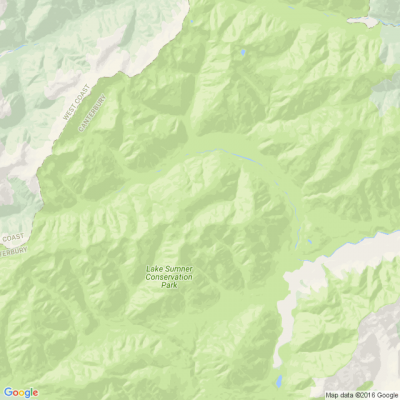Alternative education supports North Canterbury youth
By David Hill, Local Democracy Reporter
Tucked away on a four hectare block between Kaiapoi and Rangiora is a new alternative education programme for students who struggle to fit into the mainstream.
The Noaia Charitable Trust, based at Tuahiwi, took over the North Canterbury alternative education programme from Rangiora High School in term one.
It now takes in up to 16 students aged 13 to 16 years from Kaiapoi and Rangiora High Schools, Oxford, Amuri and Cheviot area schools, Hurunui College and Rangiora New Life School.
Programme manager Jackie Freeman said the small numbers makes it easier to cater to the students’ individual learning needs, including supporting them to earn NCEA credits.
‘‘We do an individual learning plan for each of our young people.
‘‘There is a misconception only naughty kids access alternative education, but there is a range of reasons why young people come here.’’
Most of the students are neurodiverse or kinesthetic learners (learning through physical activity), and often both, she said.
‘‘We are able to identify when the kids are getting frustrated or struggling with their work as soon as it happens, due to having smaller numbers.
‘‘We can see the bubble before it turns into a geyser.’’
Students can attend the Ruataniwha programme anywhere from one term or up to three years.
The programme can support students to transition back to school or into work or further study options.
‘‘We can be what we need to be for each of the individuals.’’
Mrs Freeman said the funding allowed her to employ one full-time and two part-time tutors and she looked for particular skill-sets.
This included a background of working with children through trauma, or working in youth justice or pastoral care roles.
Transport is provided to get the students to school on time, with breakfast provided thanks to the Sanitarium Breakfast Club.
Lunches are also provided, with fresh vegetables from a big, one acre garden.
‘‘One of our tutors is an amazing cook, so the students are so spoilt,’’ Freeman said.
The Noaia Charitable Trust was established five years ago by local Whānau and offers learning which is underpinned by kaupapa Māori philosophy.
It also offers the E Tū Rangatira training programme with up to 16 places for rangitahi Māori aged 16 to 24 years.
Those students can complete a New Zealand Certificate in building or agriculture and are supported into employment or further training.
The 4-hectare property has sheep and cows, with students involved in farm work and in practical work around the property, such as landscaping and building a laneway and stockyards as part of their learning.
Rangiora High School announced last year it was withdrawing from being a provider of alternative education services.
The school has developed its own programme to support year 9 and 10 students, which is funded by the board of trustees.
■ LDR is local body journalism co-funded by RNZ and NZ On Air.
Some Choice News!
DOC is rolling out a new tool to help figure out what to tackle first when it comes to protecting our threatened species and the things putting them at risk.
Why does this matter? As Nikki Macdonald from The Post points out, we’re a country with around 4,400 threatened species. With limited time and funding, conservation has always meant making tough calls about what gets attention first.
For the first time, DOC has put real numbers around what it would take to do everything needed to properly safeguard our unique natural environment. The new BioInvest tool shows the scale of the challenge: 310,177 actions across 28,007 sites.
Now that we can see the full picture, it brings the big question into focus: how much do we, as Kiwis, truly value protecting nature — and what are we prepared to invest to make it happen?
We hope this brings a smile!

Share your favourite main crop potato recipe and win a copy of our mag!
Love potatoes? We will give away free copies of the May 2026 issue to readers whose potato recipes are used in our magazine. To be in the running, make sure you email your family's favourite way to enjoy potatoes: mailbox@nzgardener.co.nz, by March 1, 2026.

Surface Prep & Coating Experts in Canterbury
Wymamakes surface preparation simple. We handle it all – grit & bead blasting, zinc arc spraying and industry spray painting – so you get the perfect finish every time.
We specialise in mild steel, stainless steel, and alloy treatments.
✅6*15m spray booth
✅Fully enclosed facility
✅6-ton crane for overhead transfer
Let us take care of your next coating or blasting job with efficiency and accuracy.
📞Call Simon Harris at 021 222 1545.










 Loading…
Loading…







